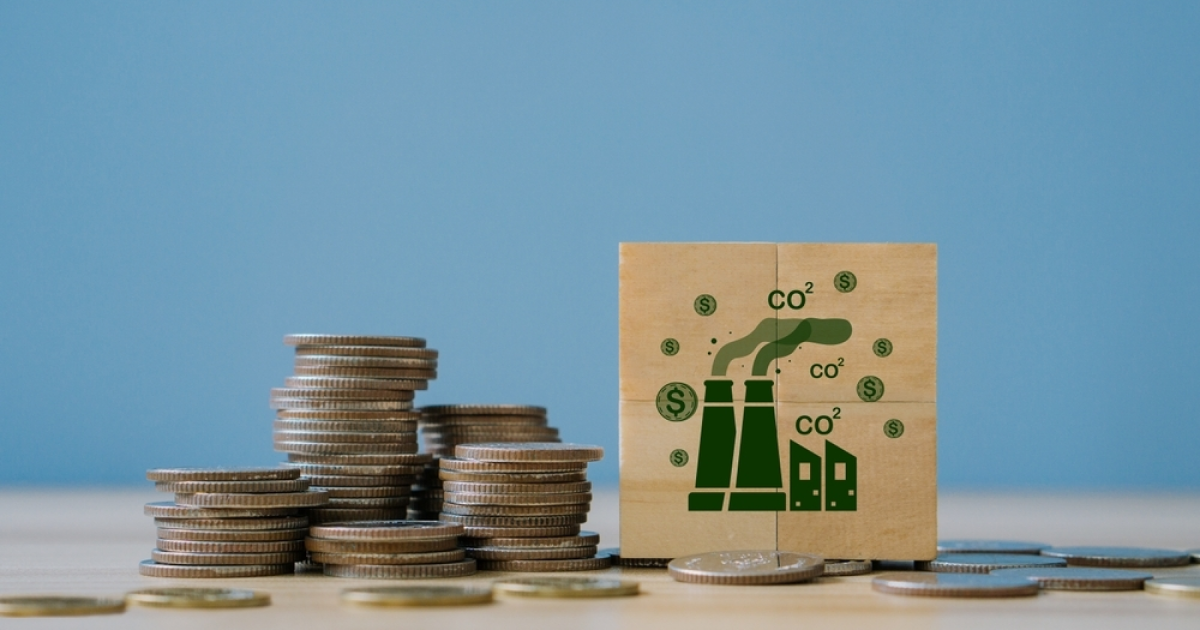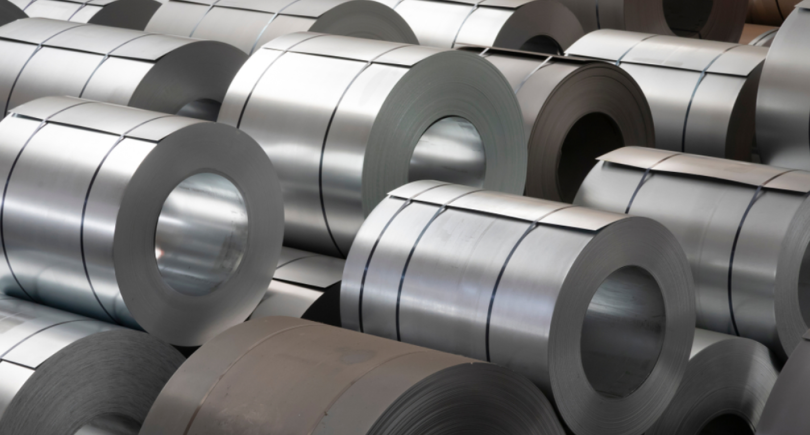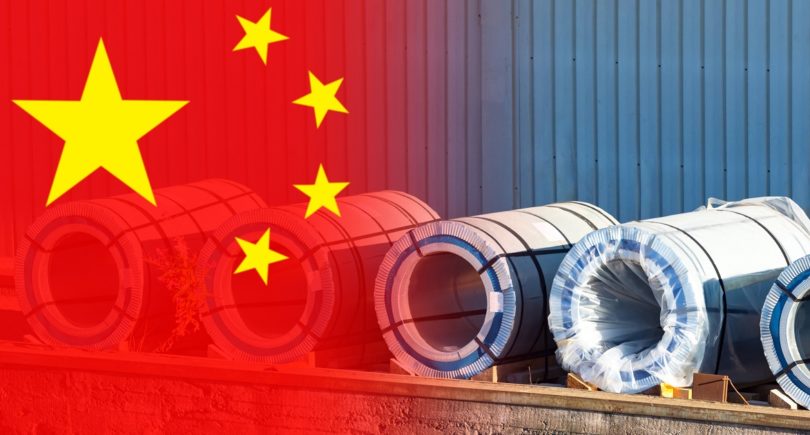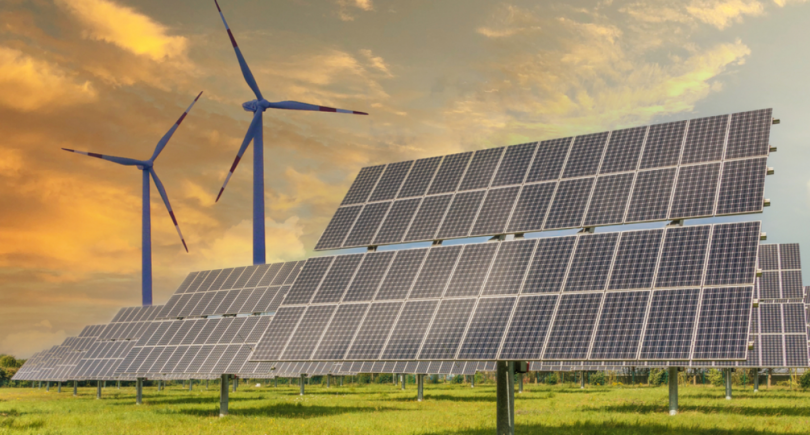
News Global Market CBAM 699 10 January 2024
The start of the implementation of the mechanism has already put China in an awkward position
A levy on imports of carbon-intensive materials such as steel will help limit emissions. However, producers warn that this could radically change trade flows, the Financial Times reports.
The introduction of the European carbon border adjustment mechanism (CBAM) has put China in an awkward position, as Europe is one of its key export markets. It will finally come into force in 2026, and a transition period is currently underway.
The Chinese government is trying to quickly decarbonize the steel sector, which is heavily dependent on coal, or risk losing its dominance. In addition, China may face larger problems. The EU’s decision may provoke other countries to introduce similar measures for a wide range of products. In particular, in December last year, the UK announced that it would introduce its own tax on imports of carbon-intensive goods by 2027.
«Companies are watching this closely. They are worried that many other countries – most notably the US and Japan – will take similar measures,» said Gao Liqun, Deloitte China’s carbon tariff research partner.
Western policymakers are concerned about overdependence on China for raw materials needed to support the green transition. At the same time, the EU wants to restore competitiveness and make sure that billions of dollars in investments by steel companies such as ArcelorMittal and Thyssenkrupp in European plants to reduce emissions are not offset by competitors with less climate ambition.
Some European producers believe that CBAM could lead to higher costs that would undermine the region’s attractiveness. Officials in China, India, Turkiye, and Brazil, in turn, fear that the mechanism will disrupt trade flows and create a two-tier system, with “clean” products entering the EU and other products exported to poorer countries with less stringent climate laws.
For the European Union, CBAM is a logical development of the emissions trading system (ETS). But since its introduction in 2005, the price of carbon has been steadily rising. European producers, already facing high energy prices, are concerned that their greener, more expensive production will be undermined by low-cost imports from other countries.
Italy’s Assofermet has warned that CBAM could raise steel prices by 15%. But EU politicians argue that the measure is essential to prevent «carbon leakage.»
According to the publication, the risk of circumvention of the mechanism or «resource shifting» is particularly acute for the steel industry, which accounts for 22% of industrial carbon emissions in the EU and is the largest CBAM sector. In particular, as the European Steel Industry Association (EUROFER) has warned, steel presents a high level of complexity for CBAM, covering not only numerous product categories with more than 100 codes, but also different production routes and emissions, as well as large trade flows.
Adolfo Aiello, Deputy CEO of Eurofer, says that European steel producers may face competition on many fronts: not only from «cheaper dirty steel» but also from «greener steel from third countries.» In addition, there is a risk that the EU will become the center of demand for clean steel, while other demand will be redirected elsewhere. The result will be a «net negative impact on the climate.»
As GMK Center reported earlier, CBAM needs serious revision, believes the founder of the consulting company T-Commodity Gianclaudio Torlizzi. According to the expert, its implementation in its current form will lead to the creation of two parallel markets.



